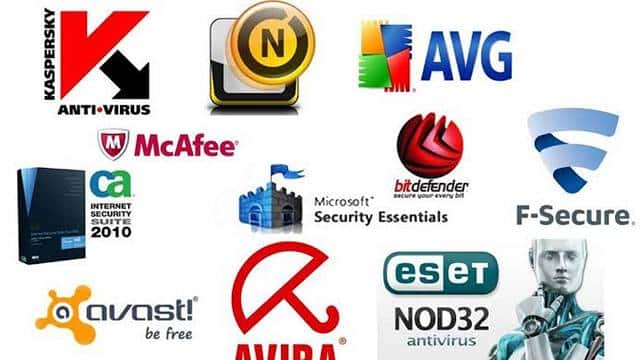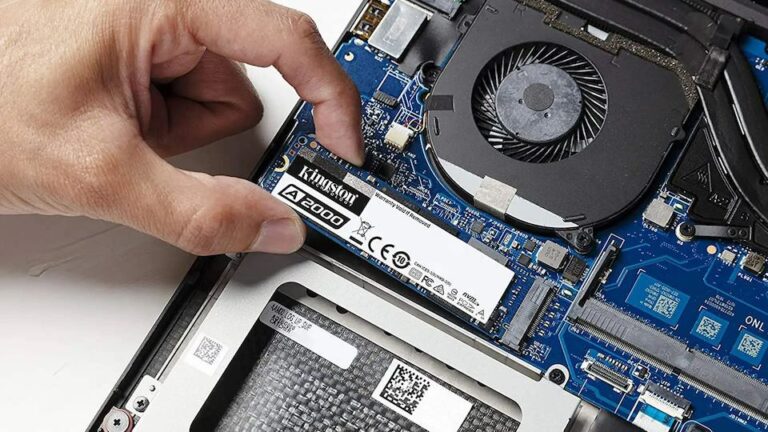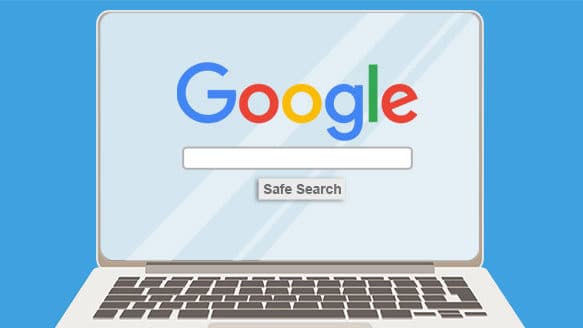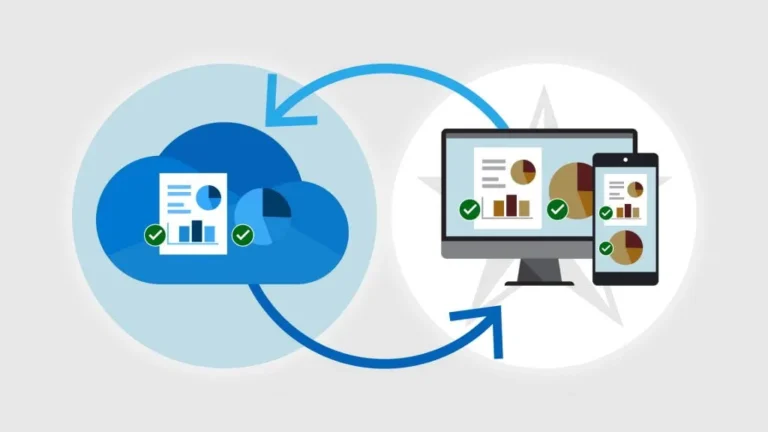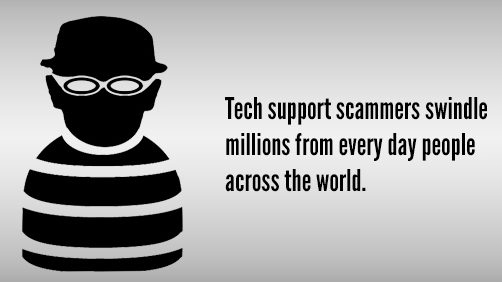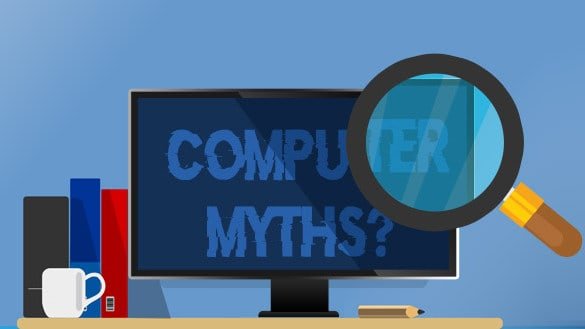Depending on who you ask, paying for antivirus software is either a good investment or a total ripoff. In reality, neither viewpoint is accurate. You can find plenty of good reasons to choose a paid antivirus product, and plenty of good reasons to go with a freebie.
Windows 10 comes with a free antivirus software called Windows Defender. It used to provide fairly lacklustre protection but has improved over time. Apple’s Mac OS comes with more security features and harder to infect but Macs still do get infected – we wrote about it here.
If you are a typical home user who uses their computer to read emails, browse a few news websites and keep in touch with friends on social networks, free antivirus is probably good enough. It will scan downloaded files and protect in case an actual virus is trying to harm your system. However, free solutions are typically limited when it comes to filtering the malicious content or protecting against the nastiest viruses called ransomware
Paid antivirus products typically provide better protection against more online threats but even the best of them will fail against social engineering attacks – things like phishing emails asking you to verify or confirm account details.
Regardless of what type of protection you choose, the best way to protect your data is by doing frequent backups. The more copies of the data you have, the better! In addition to having portable drive or USB sticks, we recommend using cloud backups – they send your data in an encrypted form to servers on the Internet.
Who needs extra security?
If you are in business and deal with customer data or anyone’s personal data, the law says you must protect it from attacks. Security software goes some way towards meeting your obligations. It will reduce the likelihood of an attack, as criminals often find enough low hanging fruit elsewhere to leave your protected data alone.
Some viruses are designed to steal valuable data and information you type on your keyboard. If you have valuable data including materials you want to stay secret, such as business plans or product designs, you better invest in security software.
If you are a potential target for online criminals, you better make sure your network and computer are well protected. Typical targets are CEOs, political activists, lawyers, scientists, and celebrities.
If you indulge in risky behaviour online such as downloading content for free, gambling or visiting dodgy streaming websites, you expose yourself to the dark end of the web. If you are not careful, you might end up downloading something you didn’t want!
If you run a small business where employees are on a local network or you have a home system with teenagers, you should invest in a better security suite. Sure, you can trust the people you know, but you can never be certain that others might make mistakes, either by indulging in risky behaviour or being susceptible to scams. Spending a couple of hundred dollars on security is easier and less stressful than attempting to monitor and police other people’s activity.
What about free programs like Avast and AVG?
Back in the days before Windows Defender became a mature product, AVG and Avast used to be very popular antivirus solutions for people who wanted decent protection but couldn’t afford to pay for one. I stopped recommending these a few years ago due to questionable business practices by these companies. Actually, both are owned by the same company nowadays. When a product is free, you become the product. Many people don’t realize that the only way some companies make their products free is by bundling extra crap, bombarding you with ads, or selling your personal data to 3rd parties.

